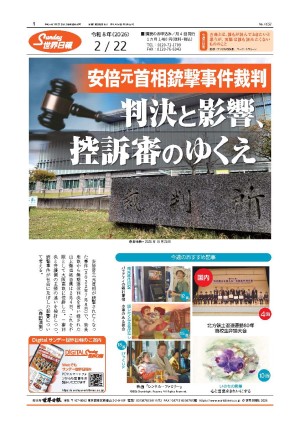Obama, as president of the ‘Great Satan,’ likely won’t make a personal visit to Iran オバマ氏のイラン訪問は非現実的
Obama, as president of the ‘Great Satan,’ likely won’t make a personal visit to Iran
On Iran, don’t expect President Obama to have his “Nixon to China” moment.
...【全文を読む】







